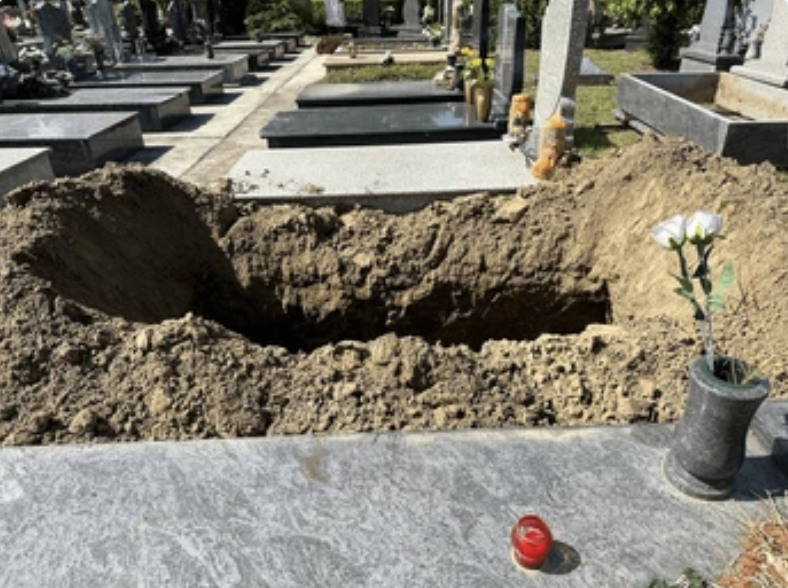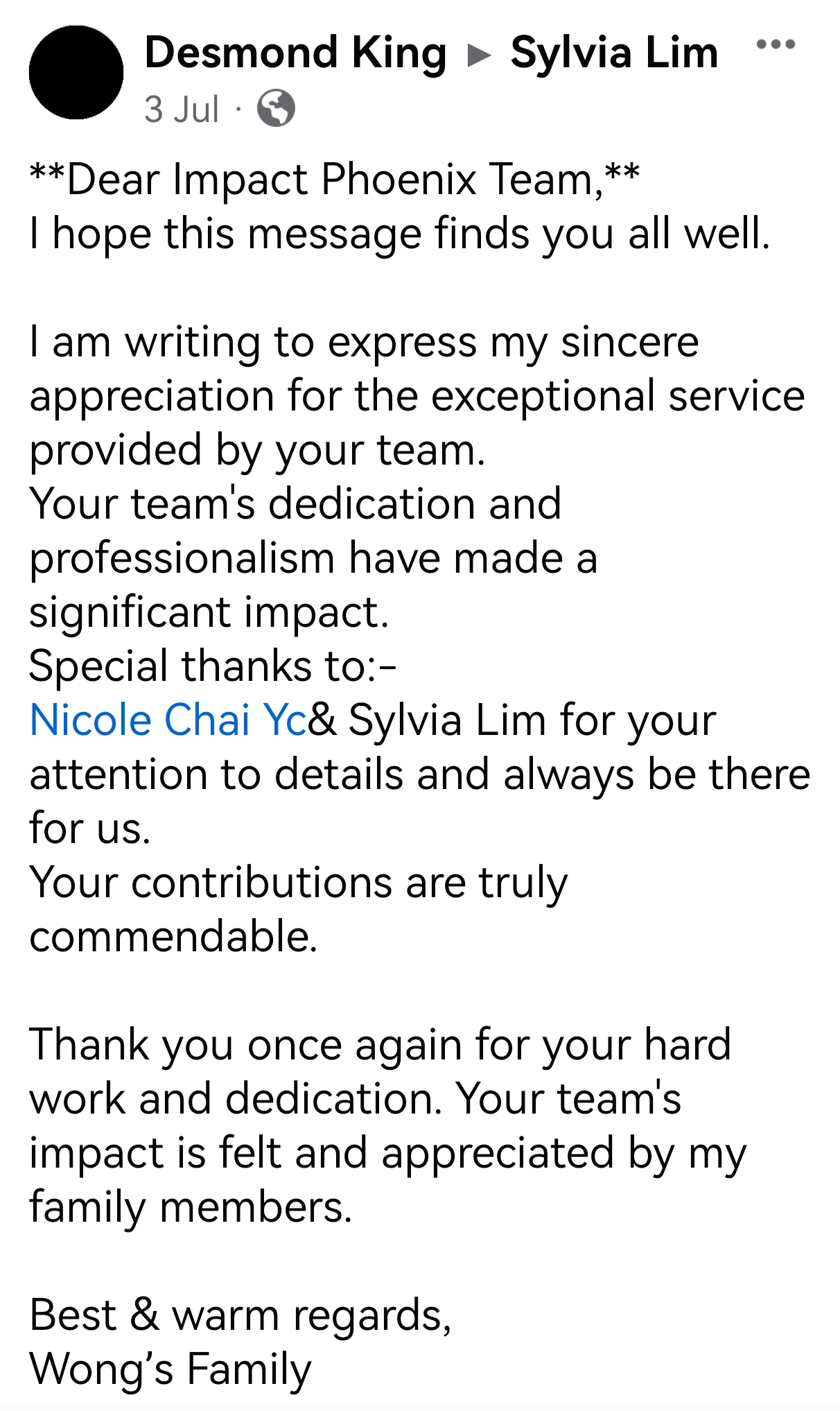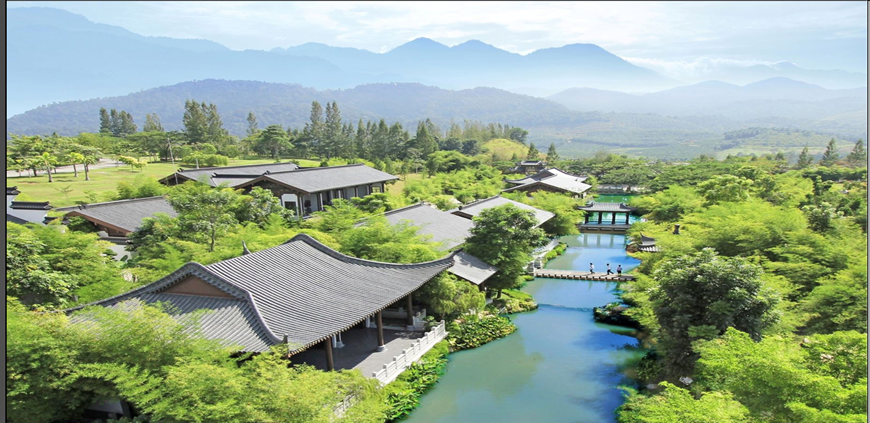
Chinese Burial Plot Relocations in Malaysia: Why & The Do’s and Don’ts
In Malaysia, the relocation of Chinese burial plots is a sensitive and culturally significant matter, often necessitated by urban development, land acquisition, or family requests. As Chinese traditions place great importance on ancestor veneration and feng shui, proper procedures must be followed to ensure respect for the deceased and harmony for the living.
Why Are Chinese Burial Plots Relocated in Malaysia?
Several key reasons may necessitate the exhumation and reburial of Chinese graves:
1. Government Land Acquisition & Development
-
Urban Expansion: As cities grow, old cemeteries may be acquired for infrastructure projects like highways, housing, or commercial developments.
-
Public Works: Construction of dams, railways, or utilities sometimes requires clearing burial grounds.
-
Cemetery Repurposing: Some older burial sites are converted into parks or public spaces.
2. Cemetery Land Lease Expiry
-
Many Chinese cemeteries in Malaysia operate on leased land. When leases expire, families must relocate remains.
-
Government or local councils may reclaim the land for other uses.
3. Feng Shui or Family Concerns
-
Some families relocate graves if the original site is deemed inauspicious (e.g., facing bad directions, near negative energy sources).
-
Descendants experiencing persistent bad luck may consult a feng shui master and decide to move the grave for better fortune.
4. Private Family Requests
-
Consolidating ancestral graves in a single location for easier worship.
-
Upgrading from a traditional burial to a modern columbarium niche.
5. Environmental & Safety Issues
-
Landslides, flooding, or soil erosion may damage graves, making relocation necessary.
-
Some older burial sites lack proper maintenance, leading to overcrowding or hygiene concerns.
Whether you are handling a private family grave relocation or a large-scale exhumation due to government projects, here are the essential Do’s and Don’ts to observe:
✅ The Do’s
-
Consult a Feng Shui Master or Taoist/Buddhist Priest
-
Proper rituals (Qing Ming, prayers, and offerings) should be conducted before and after exhumation to ensure spiritual peace.
-
The new burial site should be chosen based on feng shui principles for prosperity and protection of descendants.
-
-
Obtain Necessary Permits
-
Check with local authorities (land office, municipal council, or Dong Zong for Chinese cemeteries) for exhumation and reburial permissions.
-
If relocating due to government projects, ensure proper compensation and documentation.
-
-
Handle Remains with Respect
-
Use professional grave relocation services experienced in Chinese customs.
-
Bones should be carefully collected, cleaned, and placed in an urn (golden urn for secondary burial) if not reburied immediately.
-
-
Choose an Auspicious Date & Time
-
Consult the Chinese almanac (Tong Shu) for an auspicious date to avoid inauspicious clashes (Chong).
-
Avoid relocating during Hungry Ghost Month (7th lunar month) as it is considered unlucky.
-
-
Notify Family Members & Ancestors
-
Inform living relatives and conduct prayers to “notify” the deceased of the move.
-
Maintain family unity by involving elders in decision-making.
-
❌ The Don’ts
-
Don’t Rush the Process Without Proper Rituals
-
Skipping prayers or disrespecting traditions may bring bad luck (“disturbing the ancestors”).
-
-
Don’t Ignore Feng Shui Considerations
-
Avoid reburying in a location with poor feng shui (e.g., near sharp angles, drains, or inauspicious landforms).
-
Do not place the new grave facing an unfavorable direction based on the deceased’s zodiac.
-
-
Don’t Dispose of Remains Improperly
-
Never discard old coffins, bones, or burial items carelessly—this is considered highly disrespectful.
-
If cremation is chosen, ensure ashes are stored properly in a columbarium or buried respectfully.
-
-
Don’t Neglect Legal & Environmental Regulations
-
Avoid illegal burial plots or unauthorized land—always comply with Malaysian laws.
-
Do not relocate graves near water sources or protected areas without approval.
-
-
Don’t Forget to Honor the Deceased Afterwards
-
Continue paying respects at the new grave, especially during Qing Ming and Chong Yangfestivals.
-
If the remains are moved to a columbarium, ensure regular prayers and upkeep.
-
Final Thoughts
Relocating a Chinese burial plot is more than just a physical process—it is a spiritual journey that requires cultural sensitivity, legal compliance, and familial harmony. By following these Do’s and Don’ts, families can ensure a smooth transition for their ancestors while maintaining peace and prosperity for future generations.
#ChineseBurialTraditions #FengShui #MalaysiaCustoms #AncestorVeneration #GraveRelocation





